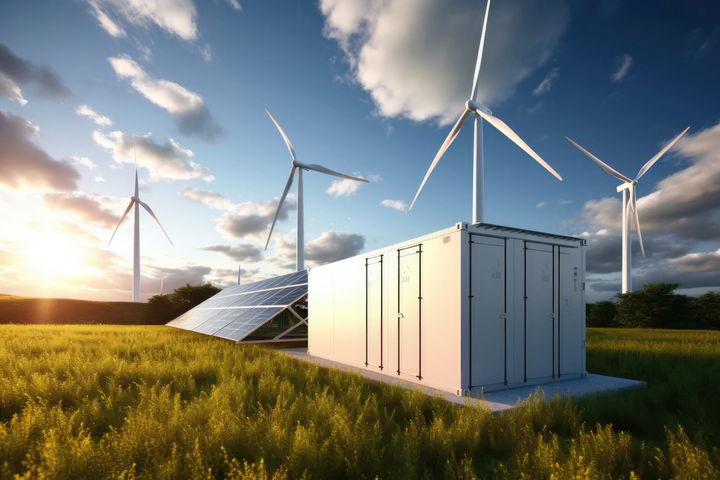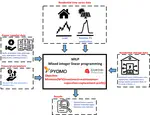Advance-RES

Research description
Trends in the development of electric power systems indicate the fact that the period of the next 5 years will mark the period of generating units based on RES. To ensure safe and reliable operation of the power system in such operating conditions, significant investments in capital equipment at the power system level, or the development of advanced methods of power management and control that will avoid or reduce these costs are necessary. Given these trends, the focus of the research group will be on the development of advanced methods of optimization and machine learning and their application in the planning and management of power plants with a high share of RES. For this purpose, the goals of the research group will be directed in several directions:
- Optimal planning and operation of transmission and distribution networks with a high share of RES. In this part, the activities are related to:
- Development of methods for optimal extension planning of transmission/distribution networks with a high share of RES,
- Development of methods for the optimal operational management of power networks to increase grid hosting capacity under the current network state,
- Analysis of the different sources of flexibility to create conditions for the energy transition of the classic power system to RES-based systems.
- Optimal microgrid management. In this part, the activities include:
- Application of model-predictive control methods for optimization of microgrid operation and creation of conditions for participation in the ancillary services market,
- Application of machine learning methods to develop generic approaches for optimal microgrid management.
- Application of machine learning and deep learning methods in power equipment diagnostics and relevant power system parameter forecasting. Activities in this section include:
- Development of methods for forecasting important market/power system parameters such as day-ahead / intra-day load forecasting, forecasting the production of wind farms / PV power plants, forecasting hydrological conditions at the level of individual basins, etc.
- Development of methods based on machine learning and Bayesian statistics for forecasting and classification of equipment condition in power facilities.
- Development of methods based on machine learning for the analysis of transient stability and power system fault classification.
- Development of machine learning-based methods for the classification of power system faults.
- Formation of laboratory for microgrid and real-time power system simulation:
- Procurement of equipment for microgrid development through other founding sources The equipment will be used to test the developed algorithms and methods and implement advanced microgrid management strategies;
- Procurement of equipment for real-time simulation of power system operation, which would examine the possibility of implementing the developed algorithms and analyze the effects of their application.
Expected results
It is anticipated that advanced methods and algorithms will be developed for the optimal planning, operation, and management of electric power systems (EPS) with a high share of renewable energy sources (wind farms and solar power plants). To this end, the development and simulation of network models at the national, regional, and local levels, encompassing different voltage levels, are expected. These models will enable the analysis of various challenges in integrating new production, consumption, and storage technologies into existing EPS, as well as proposing solutions. Additionally, methods for forecasting consumption and renewable energy production at different time scales relevant to the functioning of the electricity market are planned to be developed.

